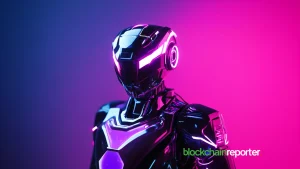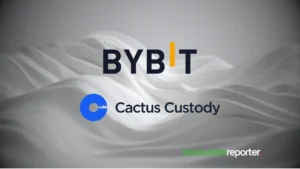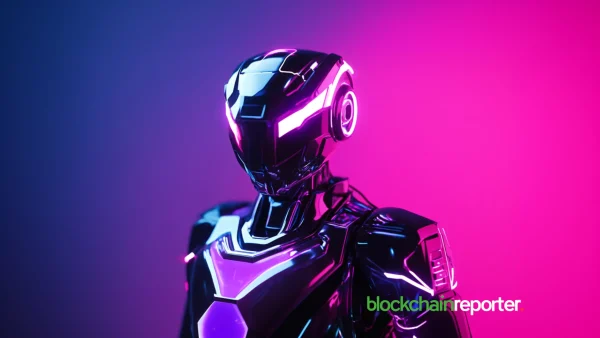
RISC Zero, a crypto venture focusing on establishing a scalable and developer-friendly blockchain with zero-knowledge proofs, has announced a collaboration. As per the firm, it is joining forces with Worldcoin, an open-source and decentralized protocol assisting everyone in accessing the worldwide economy. On its official X account, RISC Zero disclosed the news of the collaboration.
RISC Zero and Worldcoin Join Forces to Enhance Consumer Experience
In its recent post, the company revealed its new endeavors to help World Chain to liberate blockspace. For this purpose, the platform reportedly utilizes proof aggregation. The Universal Steel and Verifier projects of RISC enable it to unlock boundless, verifiable compute power. With it, the platform can power the Superchain ecosystem. In addition to this, the platform also expressed confidence in the latest endeavor.
Moreover, in a separate blog post, RISC Zero elaborated on Steel’s functionality. It mentioned that Steel indicates a significant shift in the interaction between the developers and EVM-based chains. Steel utilizes the zero-knowledge proofs as well as the RISC Zero zkVM. With this, it permits developers to perform view calls. Additionally, it also lets them provably compute and read over Ethereum in a cost-effective, secure, and scalable manner.
The project reportedly fills the gap between the zero-knowledge technology and app development on Ethereum. This makes it more convenient for the builders to leverage the capabilities of ZK for smart contracts. Steel combines with the RISC Zero zkVM’s abilities to allow the builders to develop more efficient, scalable, and secure apps on Ethereum layer 1 or the rest of the EVM-equivalent chains.
The Partnership Benefits both the Developers and the Users
The Universal Verifier of RISC Zero will be released on diverse chains, allowing the posting of proofs onchain affordably and conveniently. It also lets developers and blockchains leverage the computing, and verifiable execution offchain without any limits. According to it, the developers can operate Rust projects in the zkVM of RISC Zero to seamlessly develop proofs and validate on-chain.
Apart from that, they can obtain fluency by Rust crates for tasks such as parsing HTML, verification of JWTs, and developing games via game engines. On the other hand, consumers can experience on-chain decentralized applications that are just like Web2 apps. However, they can leverage the benefits like offchain execution. Furthermore, dApps do not require performance tradeoffs. This improves the overall consumer experience.








